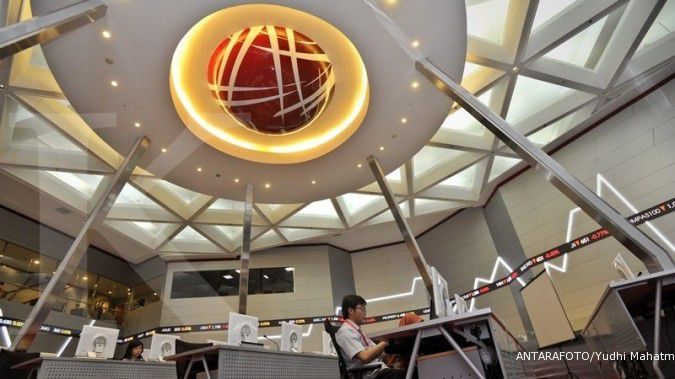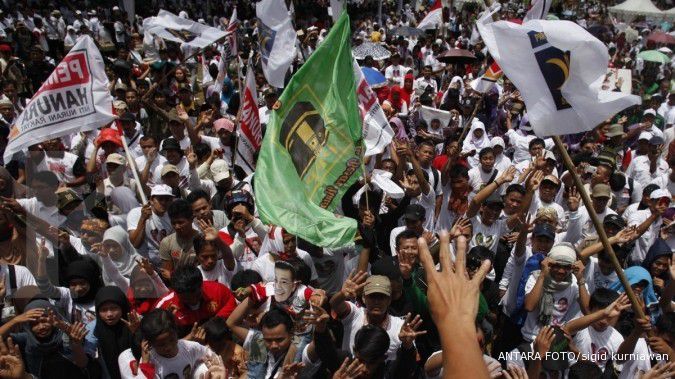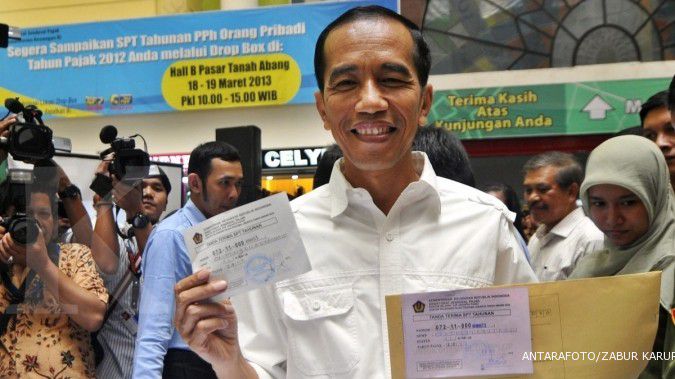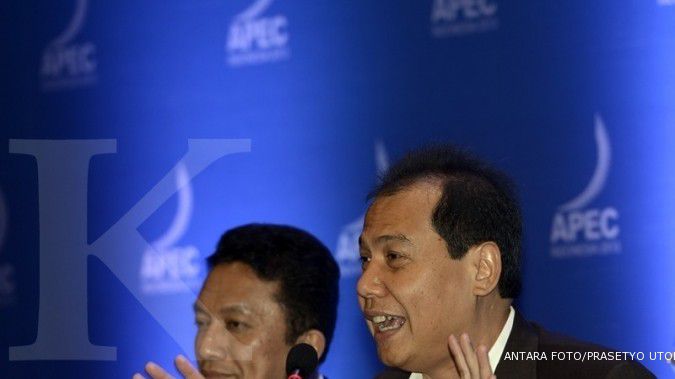JAKARTA. Local banks have said that they are ready to implement the new version of the real time gross settlement (RTGS) system, scheduled to be launched this year by Bank Indonesia (BI) in an effort to make transactions more efficient ahead of the ASEAN Economic Community (AEC).
Edy Utomo, the head of Bank Rakyat Indonesia’s (BRI) central operations division, said the state-owned lender had prepared everything for the new settlement system last year. “We are waiting for the central bank to give the go-ahead,” he said on Thursday.
The new RTGS would potentially boost BRI’s RTGS business, both in transaction volume and transaction value, as it would enable money transfers in foreign currencies, Edy said.
“We have prepared the system to allow transfers in various currencies, including in US dollars, Malaysia’s ringgit and Thailand’s baht,” he added.
BRI currently records around 11,000 transactions per day and claims to be among the top three banks, after private lender Bank Central Asia (BCA) and state Bank Mandiri, which dominate the domestic RTGS business with a combined 50 percent market share. Its fee-based income turnover is estimated to reach Rp 79.2 billion (US$6.48 million) annually.
The RTGS is a system that allows fund transfers to be carried out in real time among banks, with BI acting as the settlement facilitator. As many as 144 banks and non-bank institutions are official RTGS participants.
At the moment, RTGS accounts for 95 percent of total transactions in the domestic payment system. Only rupiah-denominated funds can be transferred using the system and the minimum amount is set at Rp 500 million per transaction.
BI executive director for payment system Rosmaya Hadi said that BI was working to develop the new multi-currency RTGS system and that it would hopefully be introduced to the banking industry in the second half of 2014.
As previously reported, the 10 countries within ASEAN are expecting the AEC to come into effect in 2015.
Under the ASEAN single market, there will be free flow of goods and services within the member countries as all tariff and tariff barriers will be lifted.
“With this [new RTGS] system, a bank customer can carry out multi-currency transactions in minutes through non-cash payments,” Rosmaya said.
Meanwhile, data from the central bank shows that as of November 2013, the total monthly value of RTGS stood at Rp 7,340 trillion, generated from 1.45 million transactions. Compared to November 2012, the value grew 16.7 percent, but the volume of transactions was down 6.2 percent.
Feri Andajaya, Bank Negara Indonesia’s (BNI) deputy general manager for operations division, said that the improved RTGS system would attract more customers and, in the end, generate higher fee-based income for the state lender.
“Right now, the average daily transaction volume reaches 15,000 and the value stands at about Rp 13 trillion per day from both incoming and outgoing RTGS,” he said.
According to Feri, the upcoming campaigns during this political year will also drive RTGS transactions higher as the activities are expected to increase money transfers.
Separately, Bank Permata transaction banking head Rudy Tandjung said that Permata’s team, along with those of other lenders, would hold a trial to test the new system within the next few days.
According to Rudy, the private lender handles more than 5,000 transactions daily and that it has recorded a 20 percent compound annual growth rate over the last three years in its RTGS business. (Tassia Sipahutar)
/2013/09/04/1640135310.jpg)














